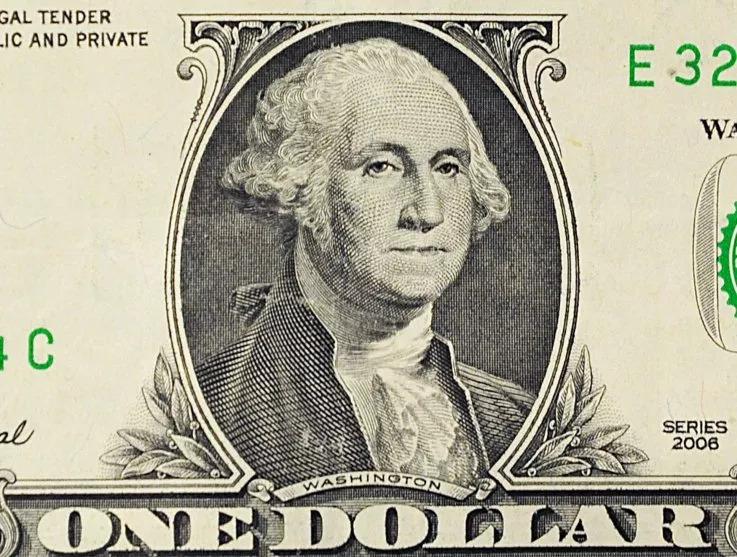George Washington
 |
Born: February 22 1732 – Died: December 14 1799
Childhood/ Family Background:
George Washington was born to Augustine Washington and Mary Ball Washington in Westmorland County, Virginia State in The United State. His father served as a planter and a justice in County Court. His mother represents the second wife to Augustine Washington after Jane Butler passed on. He included nine brothers and sisters: three brothers, two sisters, three-half- brothers and one half-sister.
Accomplishments:
He enacted a vastly critical role in training and leading the American Revolutionary War in 1755. It was during this time that he got appointed as a Commander-in-Chief of the army. He conducted many battles against the British army. Though he lost some battles, he never surrendered his army. He maintained their morale. He made a major war victory in 1781 when he powerfully defeated the British army led by Lord Cornwallis at the Battle of Yorktown. This required the British surrender and negotiated a peace treaty popularly known as the Treaty of Paris. George Washington suddenly resigned as the commander-in-chief and went to do his farm work. The United States Electoral College elected him as the first president of the United States in 1789. In 1792, he was unanimously re-elected and served till the end of the term and refused a third term. During his reign, he established a US navy, the federal judiciary, suppressed whiskey rebellion, made strong ties with Britain and promoted democracy in the United States.
Character/Personality
George Washington represents an ambitious bold, significant, passionate leader. This is seen when he led the US in the Revolutionary war. He never surrendered. He was charismatic and benevolent. He aided his army passionately, inspiring them and when he won, he resigned. This demonstrates he was not eyeing for any position after victory. He loved peace and co-existence. After winning the Revolutionary War, he negotiated and aided the peace treaty. As a result, a deep tie between his country and Britain was established.
However, George Washington was weak. He demonstrated this when he chose to become a mere citizen even after he led and won a revolutionary war. This achievement would have appointed him a king as he deserved during those days he was also discriminating. During his primitive life as a planter, he used to entertain friends who amassed lavish wealth and money and his unfortunate friends were kept away.
Contribution to History
George Washington is remembered as the founding father of the United States of America. He liberated his country and worked tirelessly to see that the country developed tools and institutions necessary for self-governance, recognition, development, growth, independence and continuity. He is marked as the first person who considered a significant choice of liberating his country. He had to abandon his work, family and friends to accompany an army and fight for his country. No other person had thought of such. This means he was an ardent patriot and nationalist.
Death
George Washington developed a sore throat after he was rained on as he was inspecting his farm work on horseback. On reaching home, he was reluctant to change his soaked clothes, despite efforts and persuasion from his wife Martha. The condition of his throat got worse and a physician-administered a mixture molasse, vinegar and butter to soothe his throat but to no success.
Dr. James Craik the family doctor hunted for help from other physicians among Dr. Gustavus. Enema was administered but did not produce any improvement. As he was still battling with the condition, he contacted his wife to present the two wills he had written. After reviewing, he discarded one and inquired the wife to scorch it. He later called Lear Tobias his servant to arrange his military records and finance. He then thanked the three doctors who attended to him and informed them that his fatal condition may cause his death. It was over here when he gave an order on how he would be buried when he died. Between ten and eleven on the night of December 14, 1799, he died. He was surrounded by his wife, Dr. Craik, Lear Tobias and his devoted people.
References
- https://tinyurl.com/y545d95c (Links to an external site.) - Website: MountVernon.org
- https://tinyurl.com/yxsdzybe (Links to an external site.) - Website: Google Search Images
- https://tinyurl.com/y29oxmtv (Links to an external site.) - Website: Google Search
- https://tinyurl.com/y4xk4vh9 (Links to an external site.) - Website: American-historama.org
